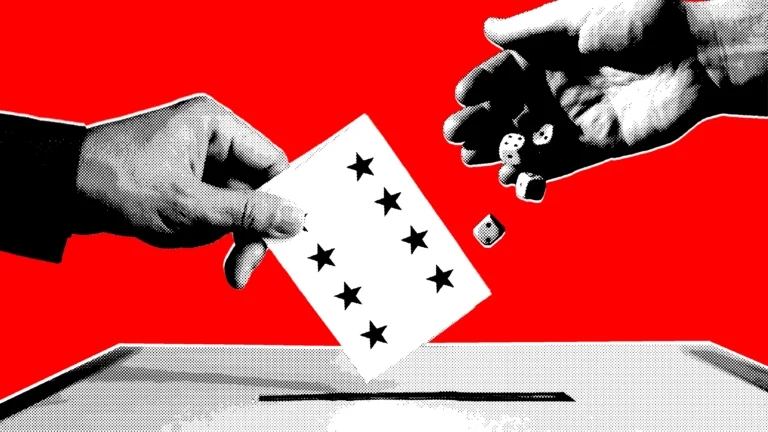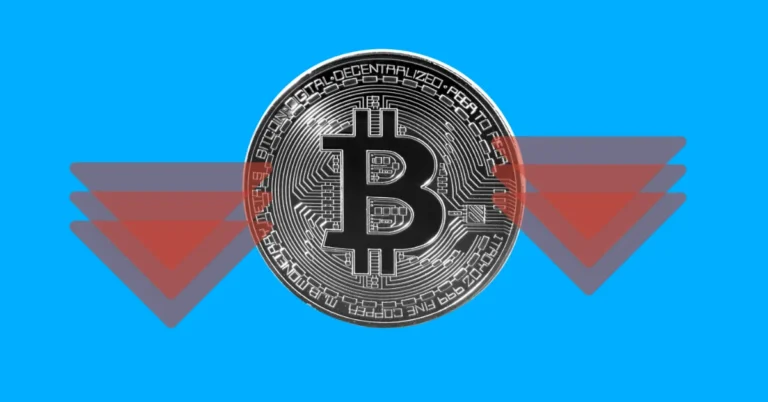Hook: With the U.S. election only days away, Bitcoin traders are making some bold bets, believing the election could drive the cryptocurrency to new heights. They’re not just hoping for slight changes—they’re positioning themselves for a major price surge. But what does this mean, and why should you care? Here’s the breakdown.
Bitcoin Call Options and the Election: A Strategic Gamble
Imagine you’re a trader in the middle of a big game, and you have a feeling that the next play will be huge. For Bitcoin traders, the U.S. election on November 5 is that next play, and they’re positioning themselves to win big by buying call options. But what are “call options”?
- Call Options: A call option is a financial bet that gives you the right (not the obligation) to buy an asset at a certain price in the future. In simple terms, if traders believe the price of Bitcoin will rise, they buy call options now to cash in later if they’re right.
- Put Options: This is the opposite. A put option gives you the right to sell if the price goes down. Think of it as a safety net, something traders use if they’re worried about a fall.
In this case, traders are leaning hard on call options. According to Deribit CEO Luuk Strijers, there are twice as many call options as put options lined up to expire on November 8, just days after the U.S. election. This means the majority of traders believe the election will lead to a rise in Bitcoin prices. They’re betting on it.
Key Terms to Remember:
- Call Options: A bet that the price will go up.
- Put Options: A bet that the price will go down or a safety measure.
- Open Interest: The total value of options people hold for a specific date.
- Implied Volatility (IV): A measurement of expected future price changes.
The Election Volatility Factor
Why are traders expecting this? The election itself creates something called implied volatility—the idea that there could be wild price swings around the event. Strijers shared data showing a 72.29% implied volatility rate, suggesting prices could move around 3.78% after the election. If the election results in a favorable outcome for Bitcoin, like a Donald Trump win which some believe might boost Bitcoin, traders expect an upward price move.
The Bigger Picture: Bitcoin as a Hedge Against Inflation
Geoff Kendrick from Standard Chartered has a theory here. He believes Bitcoin is more than just another asset—it’s an inflation hedge. With inflation rising in the U.S., people are looking for assets like Bitcoin that may hold value better than the dollar. So, traders are not just reacting to the election; they’re betting that people will increasingly turn to Bitcoin to protect their wealth, especially as global markets face uncertainty.
Market Strategies in Play
Joshua Lim, CEO of Arbelos Markets, explains that traders are also selling pre-election options (for a quick profit) and using that money to buy post-election options, betting on a price boom afterward. It’s a strategic move to lower costs and maximize potential profits from a post-election price surge.
What Makes This Important for Your Knowledge?
Understanding these trading strategies and why they’re used can help you make more informed decisions if you plan to trade or invest in Bitcoin. Here’s why this article matters:
- Insight into Market Sentiment: It shows how world events, like a U.S. election, influence the price of Bitcoin.
- Learning Market Psychology: It’s not just about price predictions—it’s about how traders feel and what they expect, both of which drive real market changes.
- Key Trading Terms and Tactics: Terms like call/put options and implied volatility are part of the language of finance. Understanding them gives you tools to assess market risks and opportunities.
- Long-Term Thinking: With traders focusing on Bitcoin as an inflation hedge, it signals a broader interest in Bitcoin’s role in global finance.
So, why does this article matter? It’s about learning to read market moves, understanding what motivates traders, and getting familiar with the potential of Bitcoin to respond to major events—like a presidential election. By digging into these strategies and terms, you’re not just watching from the sidelines; you’re building the skills to interpret and act on market shifts in the future.



